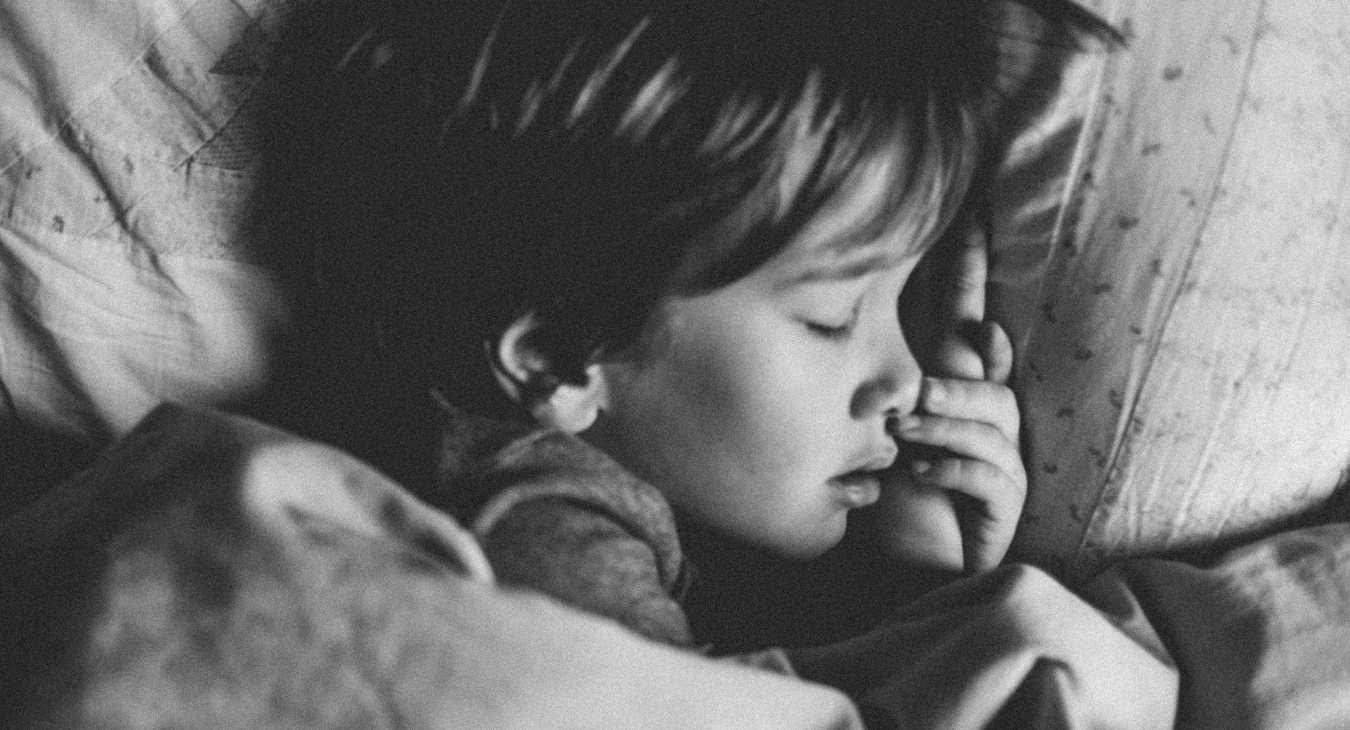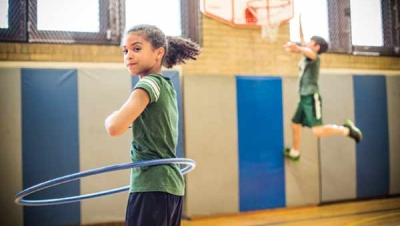Better Sleep for Families: Healthy Habits to Add to Your Bedtime Routine
If your child has ADHD, bedtime may not always be a walk in the park. It may help to know that you’re not alone. According to Children and Adults with Attention-Deficit/Hyperactivity Disorder (CHADD), “One-quarter to one-half of parents of children with ADHD report that their children suffer from a sleep problem.”
This is a huge problem because a lack of quality sleep can lead to bigger problems for your kid. First of all, a lack of sleep can negatively affect their academic performance. Furthermore, the long-term effects of sleep deprivation include issues like high blood pressure and depression.
There are a lot of ways you can help your child sleep better: adding more exercise to their routine, monitoring their eating habits, and swearing off caffeinated beverages are all great places to start. However, the real key is having a dedicated bedtime routine that signals to the body that it is time to rest. Try adding these healthy habits to your nighttime ritual to help overcome ADHD-related sleep issues and promote better sleep for the whole family.
Go to the Mattresses
Quite often, the reason people of any age have difficulty sleeping is that they’re sleeping on a mattress that no longer supports them for a restful night and is dirty from years of accumulated “dust mites, bacteria, and other microorganisms that have crept their way into your mattress layers,” explains Mattress Advisor. If any of your family’s mattresses are seven years old or more, they have most likely lost their ability to support a sleeper’s spine and other joints, setting the stage for restless nights and AM achiness. They could also be causing allergic reactions, and are just plain unhygienic. If any mattress in your home has seen better days, invest in your family’s health by purchasing a new one. Online shopping guides make the process a breeze.
Turn off the Screens
Our smartphones, televisions, computers, and tablets emit high levels of blue light that trick the brain into thinking it’s still day. In fact, artificial light happens to be the single biggest contributor to Americans’ sleep problems. Turning off the screens when it’s time to start getting ready for bed can help prevent light-related insomnia so it’s easier for kids to fall asleep at night.
Sip Chamomile Tea
A hot cup of chamomile tea helps soothe the nerves by acting as a mild sedative that’s safe for kids. Chamomile is also known to help little ones settle upset stomachs, so there’s that benefit as well. You can add a spoonful of honey to the tea to make it more palatable and kid-friendly, but if they really don’t like the flavor, you can look into tinctures that you can administer orally or try another tea variety they may find tastier, such as peppermint and lemon balm.
Draw a Warm Bath
A warm bath right before bedtime can help your child calm down before bed so they have an easier time getting to sleep. The warmth of the water actually raises body temperature slightly. When they step out, the sudden drop back down to normal temperature triggers the release of melatonin, creating a feeling of drowsiness. This works for kids and adults alike, so feel free to use this little trick when you’re ready to hit the hay as well. To enhance the effect, use lavender-scented bath products that harness the power of aromatherapy for better sleep.
Read a Book
Reading with your child before bed isn’t just a great experience for bonding, it can also help them fall asleep. Snuggling up in bed and reading a story helps them feel calm and relaxed so they’re ready for slumber. Furthermore, there is evidence of cognitive benefits of reading before bed. Research shows that when parents interact verbally through reading, children learn more and have more development in the verbal-processing areas of the brain. Children who read with their parents have greater vocabularies and better comprehension skills.
When your child has ADHD, they are at a greater risk for sleep deprivation. Not getting enough sleep can lead to diminished academic performance and a slew of health problems. To help your child fall asleep faster and sleep better overall, it’s important to have a comfortable mattress as well as an established bedtime routine that utilizes sleep-inducing habits, like turning off artificial lights, drinking chamomile tea, taking a warm bath, and reading in bed. Over time, your child will fall into the routine like clockwork and have an easier time going to bed.






